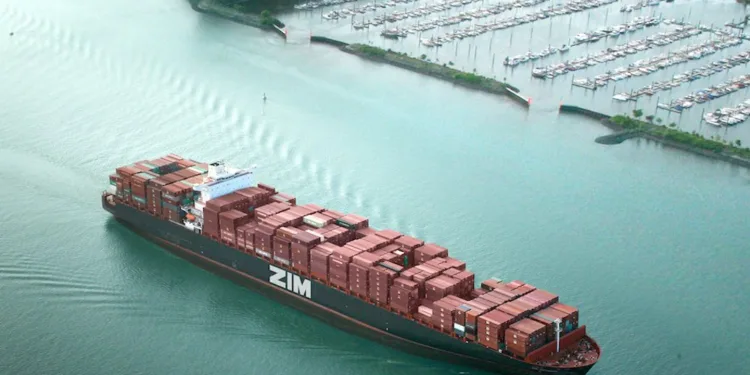ZIM Integrated Shipping Services has hired Wall Street advisory house Evercore to trawl for alternative buyers, as early signals from CEO Eli Glickman and long-time shipping investor Rami Unger have failed to satisfy the board’s valuation expectations.
According to Israeli financial title Calcalist, Glickman and Unger are exploring a take-private transaction for the Haifa-headquartered liner. However, the duo’s indicated offer is thought to hover around $20 a share, below the company’s cash pile of $2.9bn – equivalent to roughly $24 per share.
Sources suggest the board is unwilling to contemplate a deal that underprices ZIM’s balance sheet strength.
No formal proposal has yet been submitted, and ZIM itself has declined to comment on the latest press reports.
The appointment of Evercore signals ZIM’s intention to test the waters with other potential buyers. Industry chatter points to interest from big-name carriers, with Maersk among those informally approached. ZIM’s global alliances – notably its long-running cooperation with the Danish giant in transpacific trades – make such speculation unsurprising, though no competing bids have emerged.
This is not the first time ZIM’s ownership has been in play. The carrier has survived multiple restructurings over the past two decades, including a painful 2014 debt workout. The company’s IPO in New York in early 2021 proved one of the most spectacular shipping listings in recent years, riding the pandemic box boom to record profits.
Since then, ZIM’s share price has fallen heavily from its 2021 peaks, as the container shipping market normalised and the company posted losses in 2023. Nevertheless, its cash-rich balance sheet and flexible charter-heavy fleet model make it a tempting target in an industry where scale and liquidity are prized.
Investment bank Jefferies commented: “The retention of Evercore underscores the board’s reluctance to accept a take-private proposal at levels below cash on hand. With $2.9bn in liquidity and no pressing debt maturities, ZIM is in a position of strength to negotiate. Any buyer will have to contend not only with near-term volatility in container earnings but also with shareholder expectations anchored around tangible balance sheet value.”


















